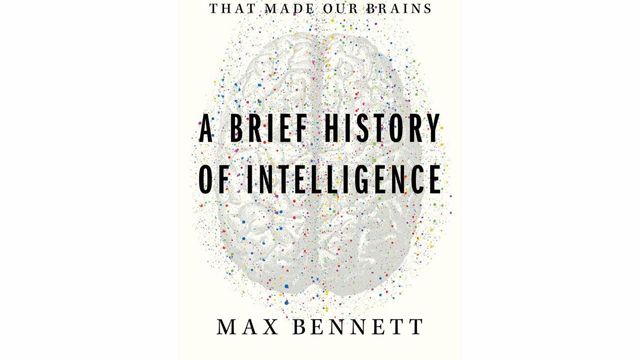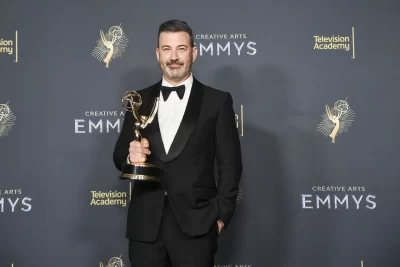
Ever wonder how Homo sapiens got so smart? How come we developed actual language when all the other animals didn’t? How about what first made a nematode turn its body in a different direction? Or… what’s a nematode?
Answers to those questions and much, much more can be found in the pages of Max Bennett’s new book “A Brief History of Intelligence: Evolution, AI and the Five Breakthroughs that Made Our Brains.” At 365 pages plus 45 more with a glossary, chapter notes and a bibliography, readers can quibble whether it’s indeed brief, but it is certainly thorough.
Bennett’s premise — he’s a software entrepreneur who founded a company called Bluecore that “helped predict what consumers would buy before they knew what they wanted” — is that humans won’t ever create true artificial intelligence without understanding exactly what led to the real intelligence we already possess. So he begins with those nematodes — worms, to you and me — and painstakingly details the five breakthroughs that over the course of billions of years evolved into the three-pound brain that is folded into all of our skulls.
The first half of the book is a touch dry, detailing not only what caused worms to turn (food!), but how fish learn via trial and error and the pivotal role the basal ganglia plays in dictating behavior, among many, many other evolutionary developments. Bennett cites the work of psychologists and neuroscientists every step of the way and includes plenty of charts and graphs to make his points. It can feel like you’re reading a textbook at times. But to his credit, he begins each new chapter with actual prose, as in this description of the Cambrian explosion more than 500 million years ago: “The gooey microbial mats of the Ediacaran that turned the ocean floor green would have long since faded and given way to a more familiar sandy underbelly. The sensible, slow, and small creatures of the Ediacaran would have been replaced by a bustling zoo of large mobile animals as varied in form as in size.”
When Bennett begins to connect the evolution of the human brain to where we are in the development of artificial intelligence is when the book, for this reader, gets more interesting. Why can’t machines truly learn? Even ChatGPT, which every industry seems to be embracing these days, can’t “learn things sequentially,” writes Bennett. “They learn things all at once and then stop learning.” We’ve trained ChatGPT using the entire contents of the Internet, but the software can’t learn new things because of the risk that it will forget old things, or learn the wrong things.
Bennett is intelligent enough not to draw any conclusions about AI in a field that is changing daily, but he does end his book with a challenge. Evolution gave us our magnificent human brain, he writes, and now that we are in a position to play god and create a new form of intelligence, we must first decide on our goal — are we destined to spread out across the cosmos? Or will we fail, victims of pride or climate change or something yet unseen, just another branch on the evolutionary tree, which will grow on without humans and perhaps never add a limb called “Artificial Intelligence?” No reader alive today will live long enough for that answer, but Bennett makes a solid case for why reverse engineering the human brain may lead to future breakthroughs in the science of AI.







